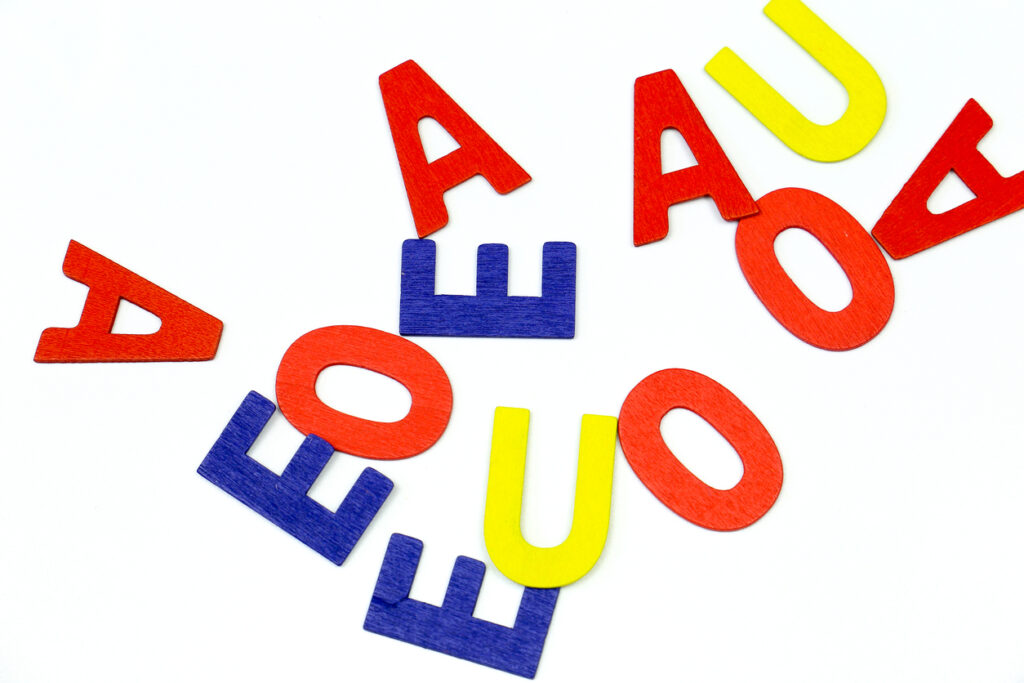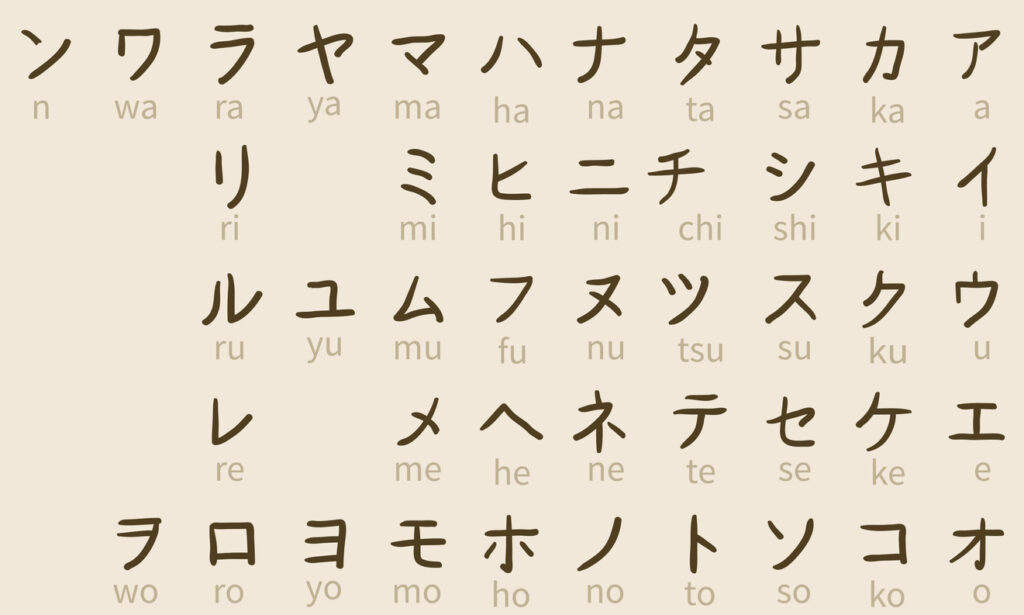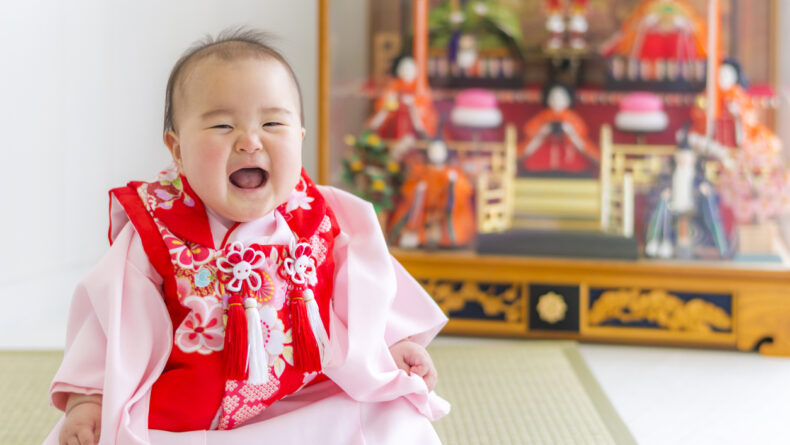How To Find A Foreign Baby Name That Also Works in Japanese
International Names For International Families
Looking for a cross-cultural name for your little one? We have you covered! Read on for a how-to guide on finding names from non-Japanese languages that would feel right at home for kids growing up in Japan.
One of the first decisions that you make for your future child is bestowing a name upon them. While for some parents, this job feels fun and easy, for many others, especially those trying to bridge cultures and languages, baby naming is a complex and family-filled negotiation. On top of that, if your new bundle grows up in Japan, you’ll have a few extra challenges when it comes to naming. Luckily, we’ve got you covered! Read ahead to learn about some Japan-specific things you should consider when naming your little one.
Pronunciation
 © Photo by iStock: soniabonet
© Photo by iStock: soniabonetThe first hurdle parents face when naming their bicultural child in Japan is pronunciation. All languages are composed of very different phonemes or language sounds. As such, not all foreign names will sound pleasing to the ear in Japanese and Japanese names will not necessarily sound good in English or other languages. You should also determine if the names fit into the possible sounds of the language. For example, the “th” sound does not exist in Japanese, so names spelled with “th” would not be the best fit in Japan. My name, Elizabeth, sounds like it ends in “su” in Japanese so I speak from experience. But, more on this below.
Meaning
 © Photo by iStock: visualspace
© Photo by iStock: visualspaceThe next important thing to consider is meaning. Even if a name fits into the sounds of a language, you should also look at its meaning(s). For English, nameberry.com is a great source, while for Japanese, b-name.jp is a useful tool to search for names and the meanings of kanji characters. You could also run the word through a Japanese dictionary app or online to check its general meanings as well. A classic error is the phonetically pronounceable Ben, a solid name in the English-speaking world, but which in Japanese can mean…excrement(!)
Writing/Reading
 © Photo by iStock: Nikiteev_Konstantin
© Photo by iStock: Nikiteev_KonstantinAs the above point makes clear, the way a name is read or spelled matters as well. For example, if you are a foreign citizen in Japan, your child’s name will usually be written in romaji or katakana on official documents. Romaji is a way to write the Japanese language using the English alphabet. As such, you will see your child’s name written that way, on, for instance, their residency cards. Katakana, reserved for foreign-derived names and words, uses the same syllables as the native hiragana characters; so, any name that you can write in hiragana can also be written in katakana. For a complete list of romaji and a more in-depth explanation, check out this useful website.
Kanji, however, is a different ballgame. The origins of kanji date back to around the fifth century when Chinese characters were introduced to Japan from abroad. A single kanji can have multiple readings. 山, meaning mountain, can be read as san/zan, sen, or yama depending on how it is used in relation to other kanji. In the context of names, kanji have reading conventions as well as multiple meanings. Let’s take a look at the name Anna, a true cross-cultural gem, charting in the top 100 across North America and Europe in 2021. In Japanese, Anna has been popular since the postwar period for its foreign flare. It can be written using many different kanji to elicit the image that you hope to bestow upon your child, such as with 杏 (apricot, beautiful inside and out) or 愛 (love, being loved by all).
The three middle grounds
After taking this all into consideration, here are three categories of potential names:
1. Foreign names that are easily transliterated into Japanese
For girls, this would be names like Aria and Emily while for boys, Noah and Thomas. These names have a history of usage in the Western world as well as popularity and familiarity. In addition, they are easily pronounced and written in Japanese and do not have unfortunate meanings in either language.
2. Japanese names that are easily transliterated to English and other languages
This article mostly focuses on foreign names but we would be remiss not to include names like Emi 恵美, Reina 玲奈, Kai 海 or Taro 太郎 which have traditional usage in Japan but are relatively easy to pronounce and spell in foreign languages while avoiding negative meanings.
3. Fully bilingual names
Names that are fully bilingual—that is, have a history of usage in Japan and the West although their meanings and spellings may differ—are not the easiest to come by. However, they do exist! The site mixedname.com is an excellent resource. Here are some examples that we came up with:
- Mei 明, written as May or Mae in English
- Rena 麗奈, written as Lena in English
- Sara 沙羅, written as Sara(h) in English
- Ken 健, written as Ken in English (often short for a longer name, like Kenneth)
- Rui 塁, written as Louis/Louie in English and French
And here are more examples of names that follow our above suggestions:
Girl names:
- Coco 幸子
- Emma 恵麻
- Lea 玲亜
- Lisa 里沙
- Marie 真理
- Mona 萌那
- Nina 仁奈
Boy names:
- Eric 恵利久
- Louis 塁 (can also be a girl’s name in Japanese)
- Leo 玲央
- Lucas 琉叶
- Rio 理央 (can also be a girl’s name in Japanese)
- Sean 詩音
- Thomas 斗真
A note about middle names
 © Photo by iStock: MivPiv
© Photo by iStock: MivPivSomething else new parents may be considered as a strategy to bridge two or more cultures or a way to include family honor names is bestowing middle name(s) on the new baby. For example, some families might use a Japanese first and English middle (Hikaru Joseph) or French first and Japanese middle (Matthieu Naoki). In Japan, however, middle names come with complications. I chose to give my daughters middle names because I had long imagined what the full names of my future little ones would be. I loved the process of choosing and trying to find a nice balance of flow, meaning and accessibility.
One complication is that my children are often called only by their middle names in Japan when I have to fill out official forms. Receptionists, doctors and others see the double name in the first name (名) section and use the last one there—the middle name. Also, there is the question of whether the first and middle names will even fit on a Japanese form. While I went short for my kids so that is not an issue, my full name with the middle included is too long and is often cut off. All of this to say: while middle names can be a great way to combine cultures and flex your naming muscles, they are not the most intuitive in Japan.
Things to avoid
While we’ve taken a look at the possibilities for a multicultural name in Japan, we should also be mindful of the ones to avoid. An easy rule of thumb is to steer clear of sounds that are common in one language but not the other. Japanese boy names ending in -suke (Shunsuke, Daisuke, Ryosuke, etc.) for example, are not easy for English speakers to wrap their tongues around.
Another example, this time from my childhood, comes from one of the main characters in the Street Fighter video game series. One of the fighters is named Ryu, and his name is often erroneously pronounced “rye-you” outside of Japan. As such, names including Ryu, as well as Ryo, are problematic in English.
As for English names in Japanese, watch out for names including:
- “TH” – for example, Theodore comes out as Te-o-do-ru
- “L” – for example, Alexander sounds closer to A-re-ku-za-n-da
- “W” – for example, Willow is pronounced U-e-ro
Happy naming!
















Leave a Reply